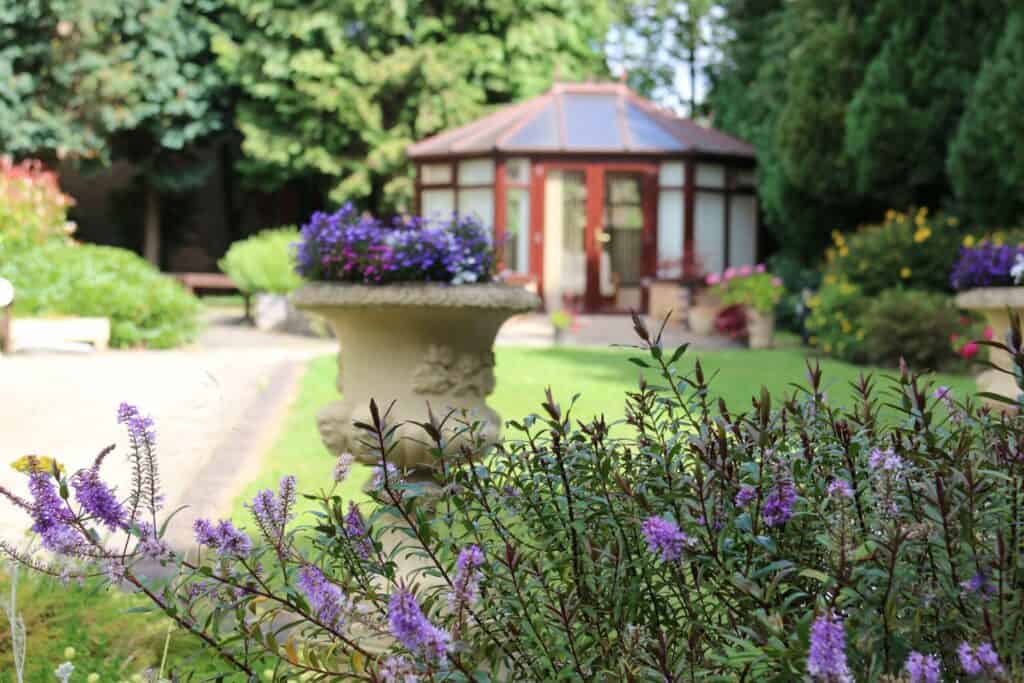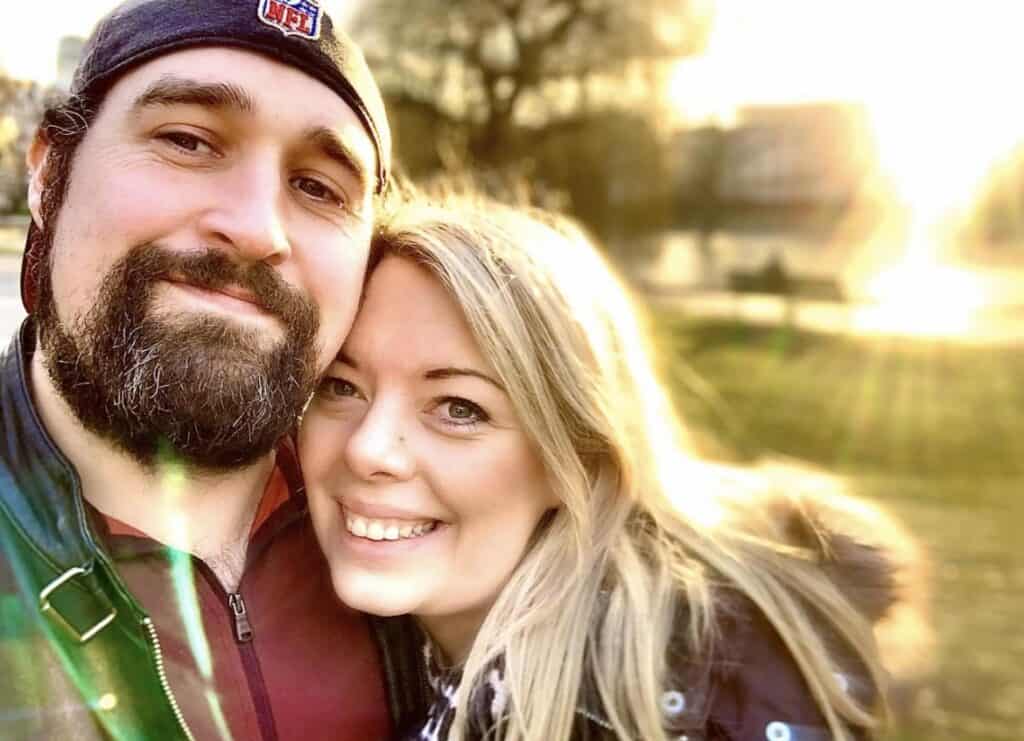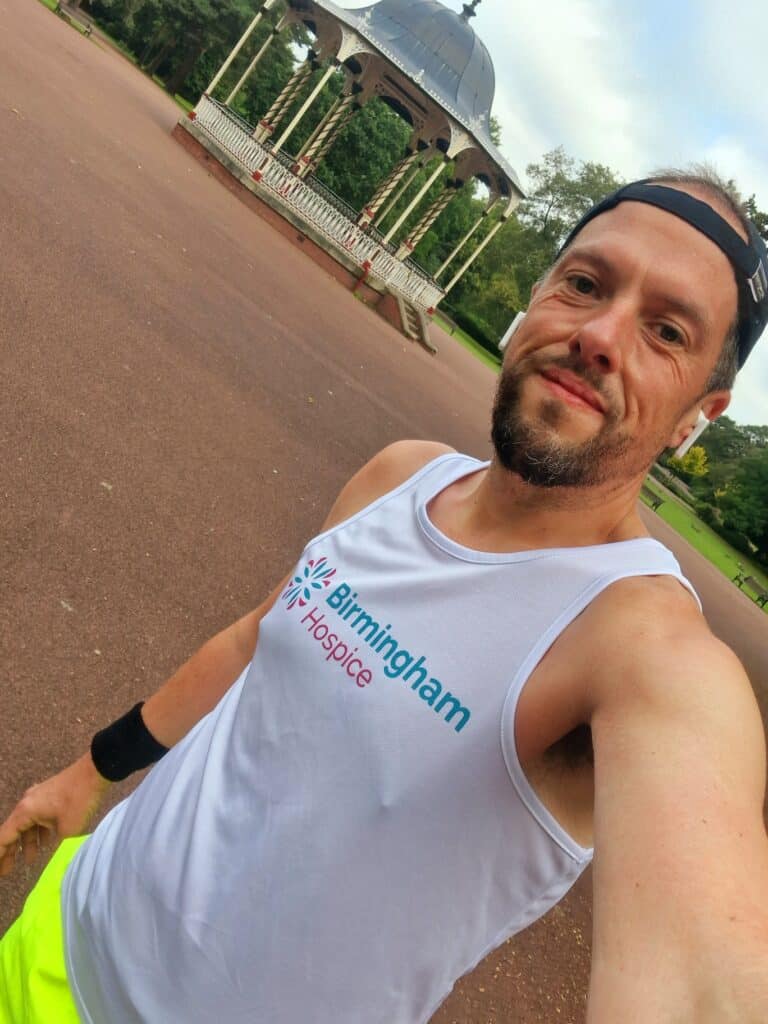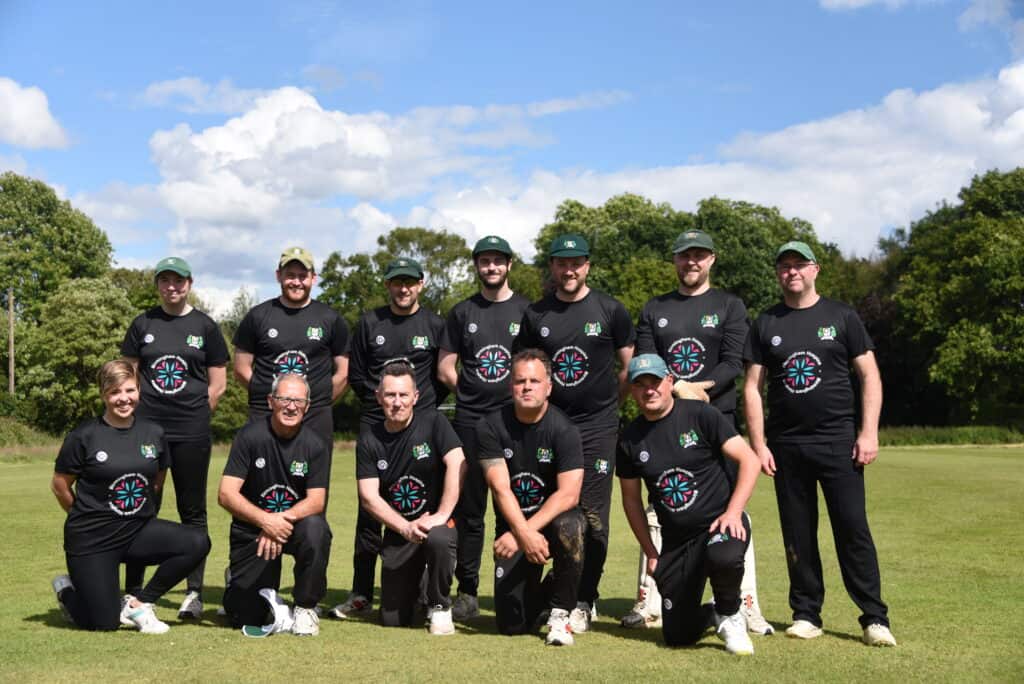Supported by the charity’s counselling service after he lost his wife to stage four breast cancer, Mohammed shares his story of how the hospice helped him through the most difficult time of his life.
Our journey with John Taylor Hospice started almost four years ago – it has been quite a long one. We had a new-born baby at the time, and we then found a lump on my wife’s breast.
My wife was diagnosed with breast cancer initially – but then subsequently, post pregnancy, she was told it was actually stage four cancer which was a much more advanced and aggressive form of the disease. Her condition became palliative very quickly.
We were just starting our life together, we were both in our 30s with a second child recently born. Everything just seemed to sort of go upside down and started to not look so bright.

My wife and I had conversations with nurses from the hospice when we were referred, and they were all amazing and helpful. We didn’t really know anything about cancer or palliative care and so the hospice set us up with all the information and contacts we needed.
Because my wife’s condition was palliative, our journey was from diagnosis to bereavement to post-bereavement, where my counselling came in. I had sessions initially when I was in a bit of denial about what was happening, and I needed to come to terms with it all.
With the support from the hospice, my family and I have been able to try to accept the fact that this is reality and the new normal. My kids are really my driving force – they keep me going. I want to remain as positive as I can to give them the best life and make my wife proud.
Initially, I didn’t feel like I needed any counselling. Then I realised I had many friends and family to speak to but there were some things which were just too difficult to talk about. Chris, from the hospice’s Wellbeing Team, was really supportive in that sense. I became more and more of a hypochondriac as time went on, worrying about the kids and their health. Chris was really able to reassure me of things.
This could be mainly small things in my life like getting a new car, making the decision to change to an automatic – things I’d usually discuss with my wife. I now have to make these decisions on my own, and I needed to come to terms with that.
My wife passed away in June 2020, and then my dad died in November 2022. It was kind of like a blow after a blow. The fact I had already grieved, with the help of Chris, when my wife died, meant I accepted my father’s death a bit quicker.

But then that worried me, and I struggled with feelings of guilt. So again, Chris was there to reassure me and it helped me so much. Grief is different for everyone but for me, that support and communication was vital.
Within our community people are really close knit. We did have that support with each other, but there were times I needed someone outside the community. I would often recommend counselling to my friends and some of the advice I had from Chris I would pass on to them.
Having someone like Chris, outside my family and community, who understood the extent of what my wife went through and what we as a family were going through was invaluable.
I do encourage others to talk more about their mental health and I feel really lucky to have had such amazing support from John Taylor Hospice.
Thank you so much for sharing your story with us Mohammed.



